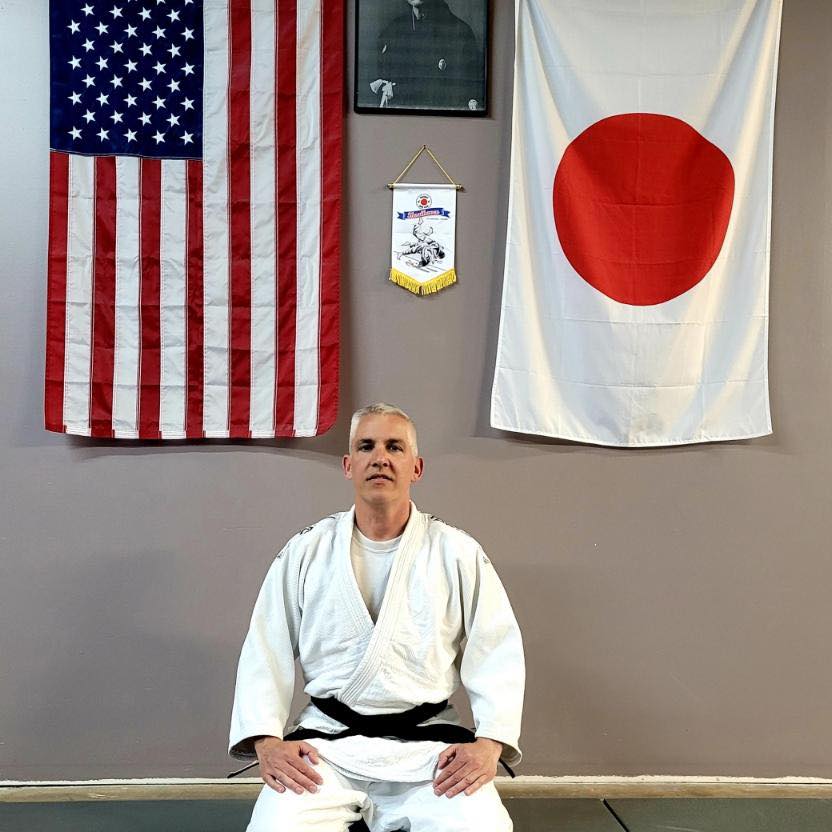
Daniel Haas has ministered to persons from all continents except Antarctica. In hospice, hospital, and military he helps people deal with what is going on in their lives. Depending on the setting that means coping with hospitalization or maintaining combat readiness.
- Facilitated education and training of clinical providers for 10+ years.
- Worked in addiction recovery for 10+ years.
- Provided spiritual care for 20+ years.
- Coached Judo for 30+ years.